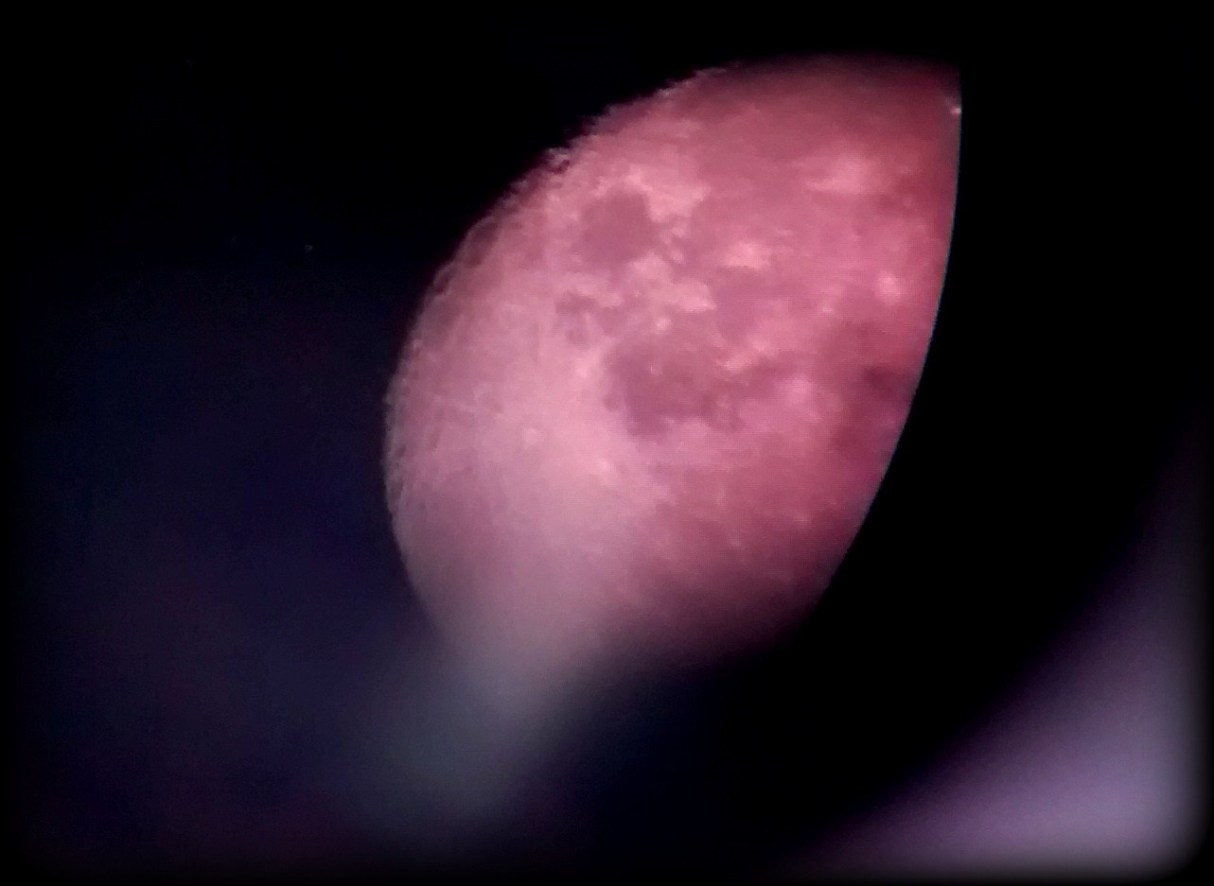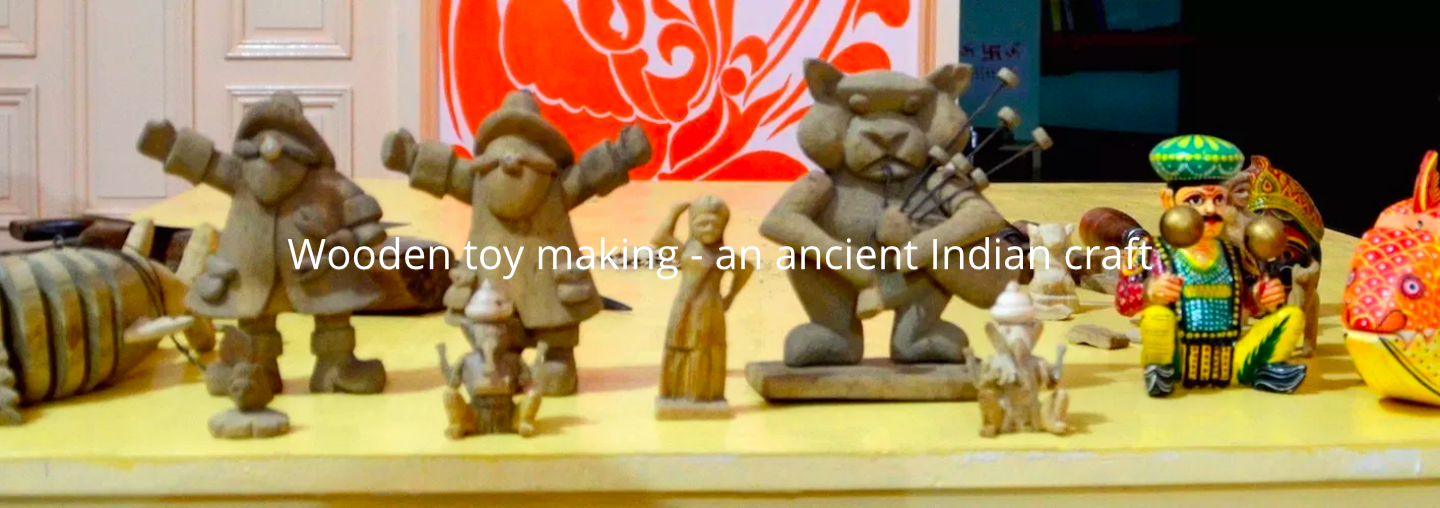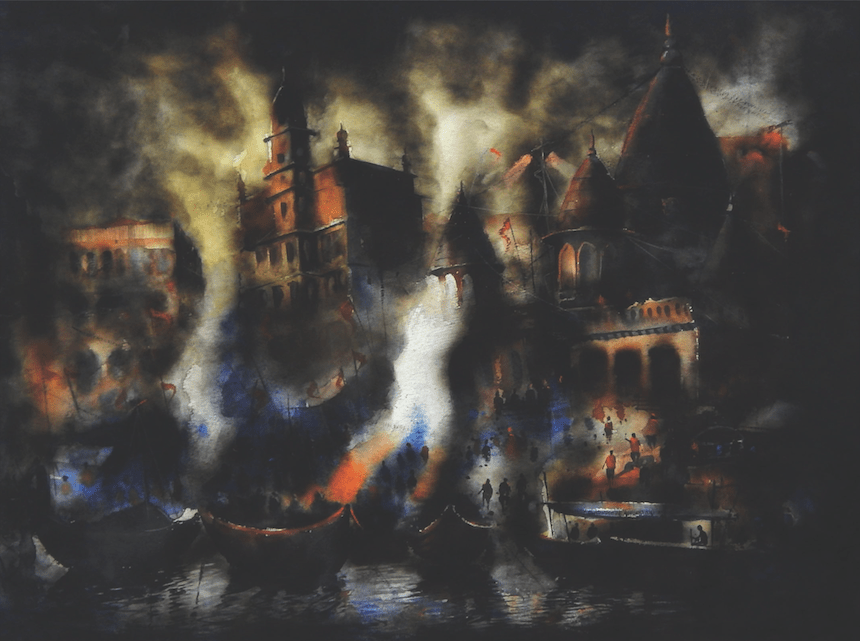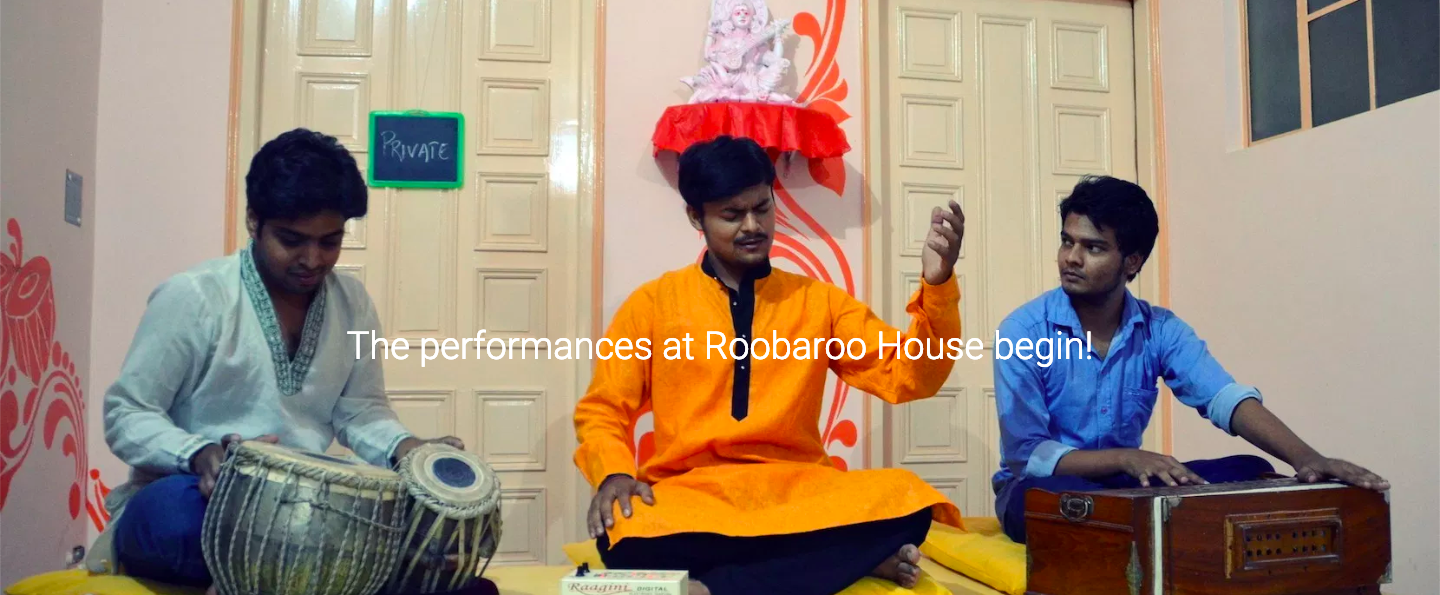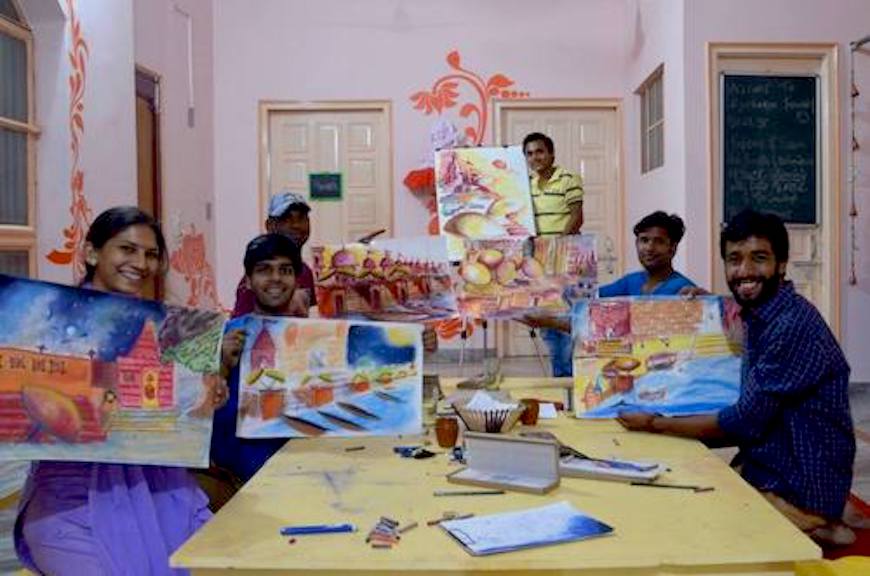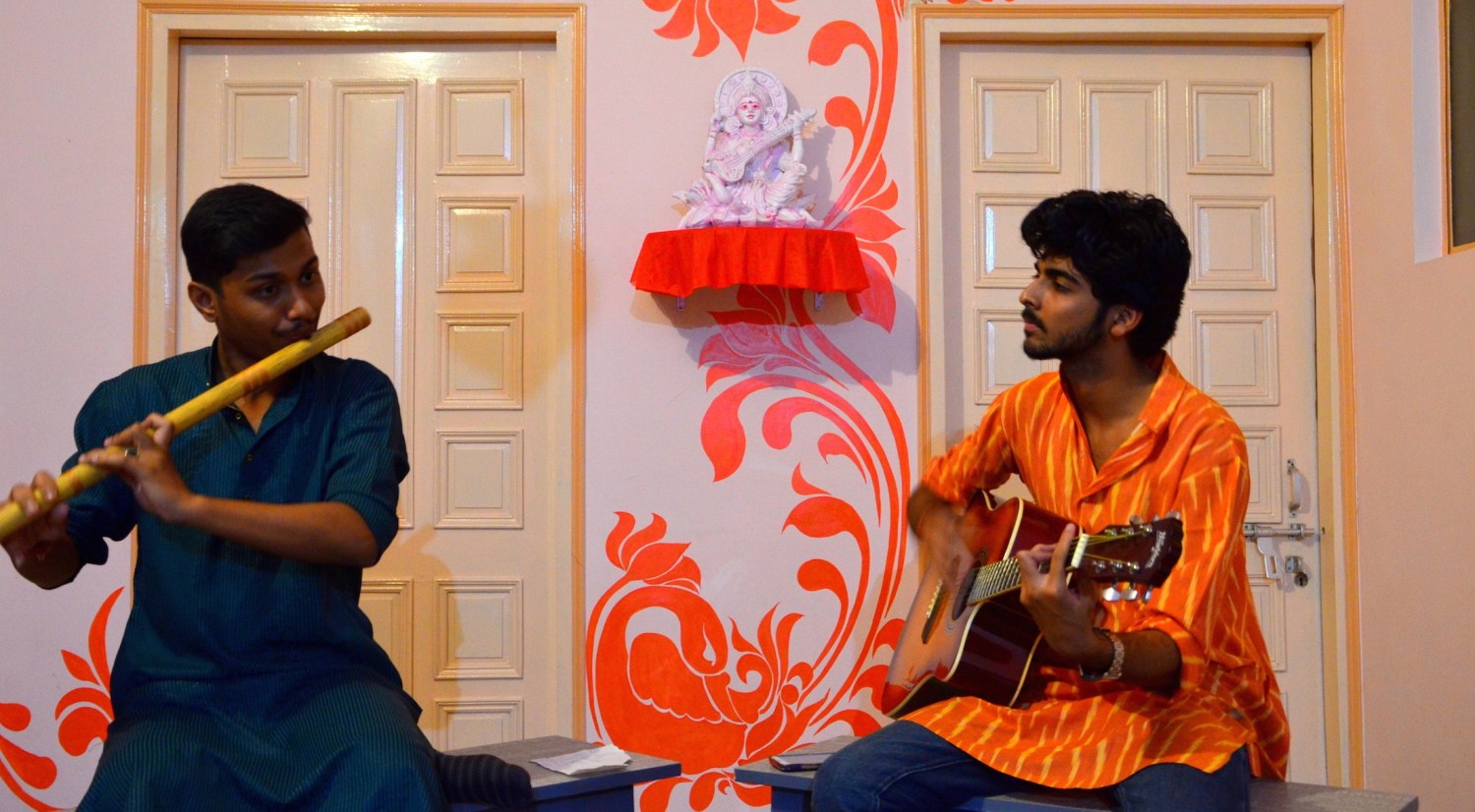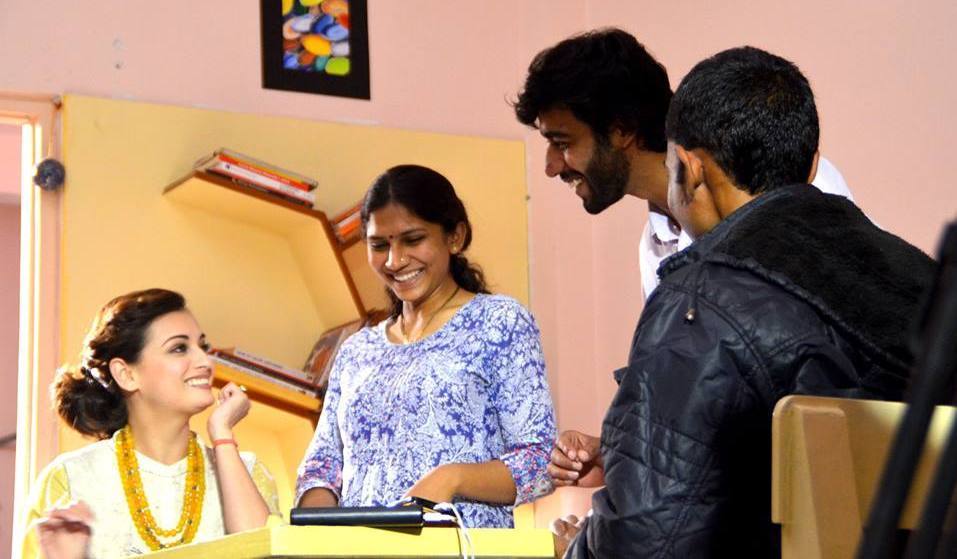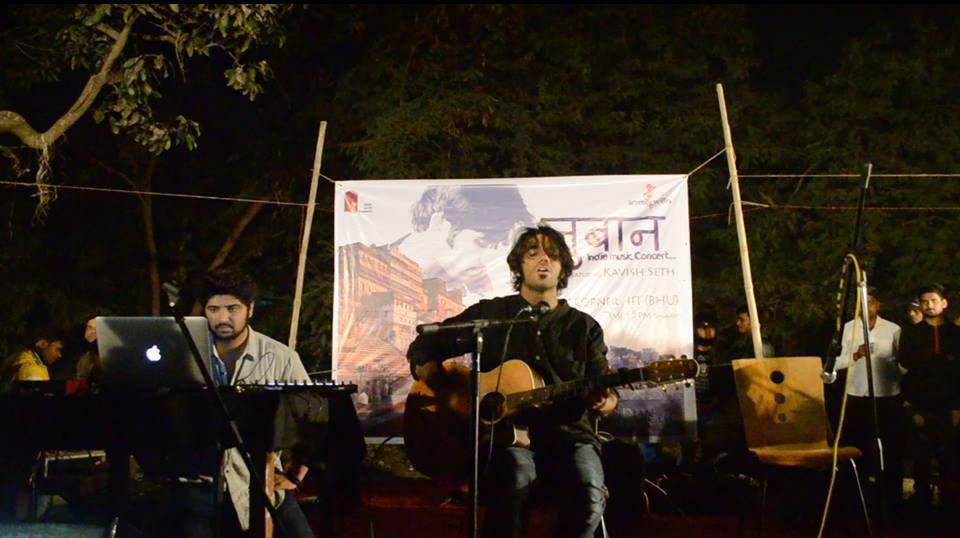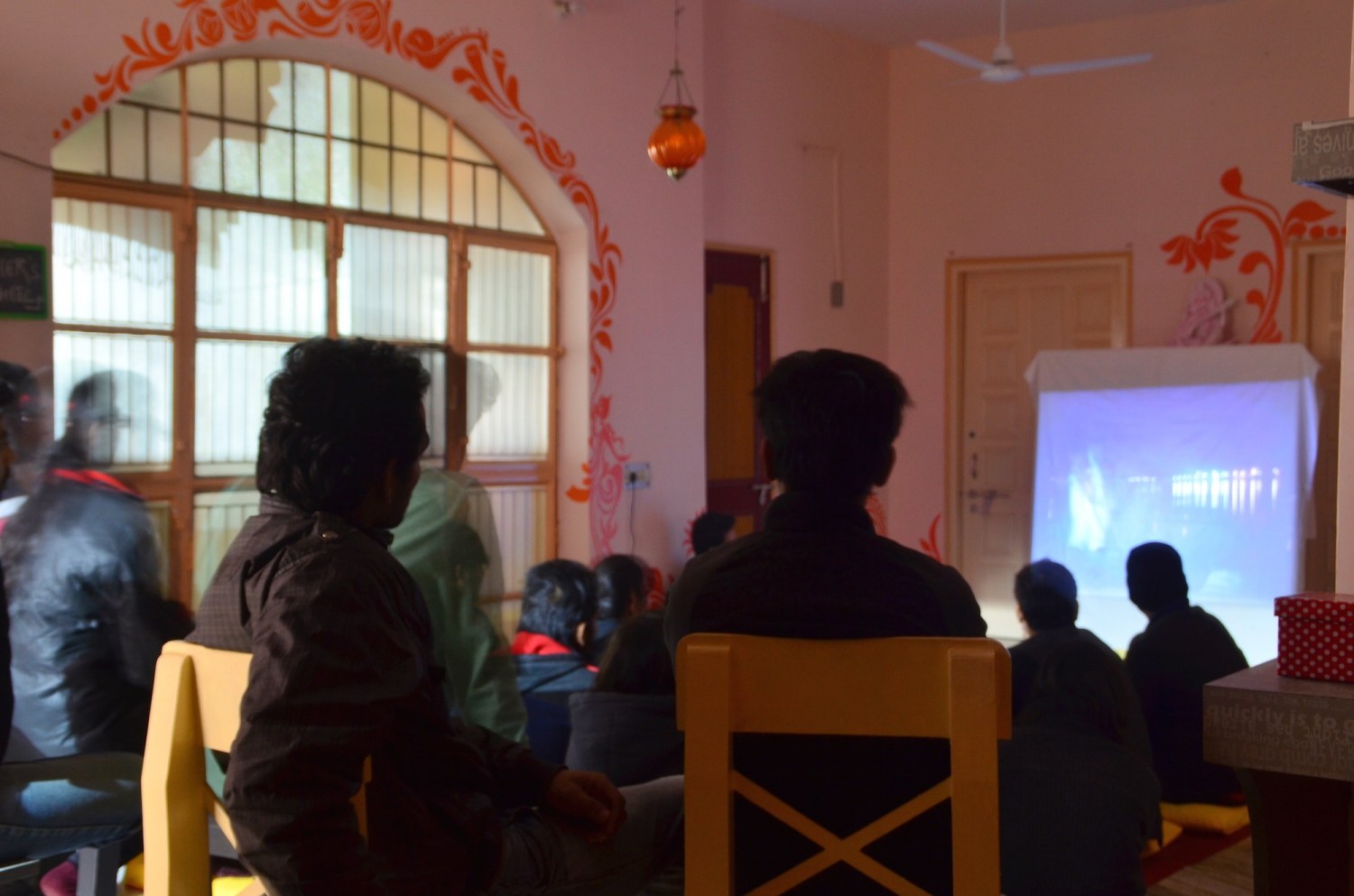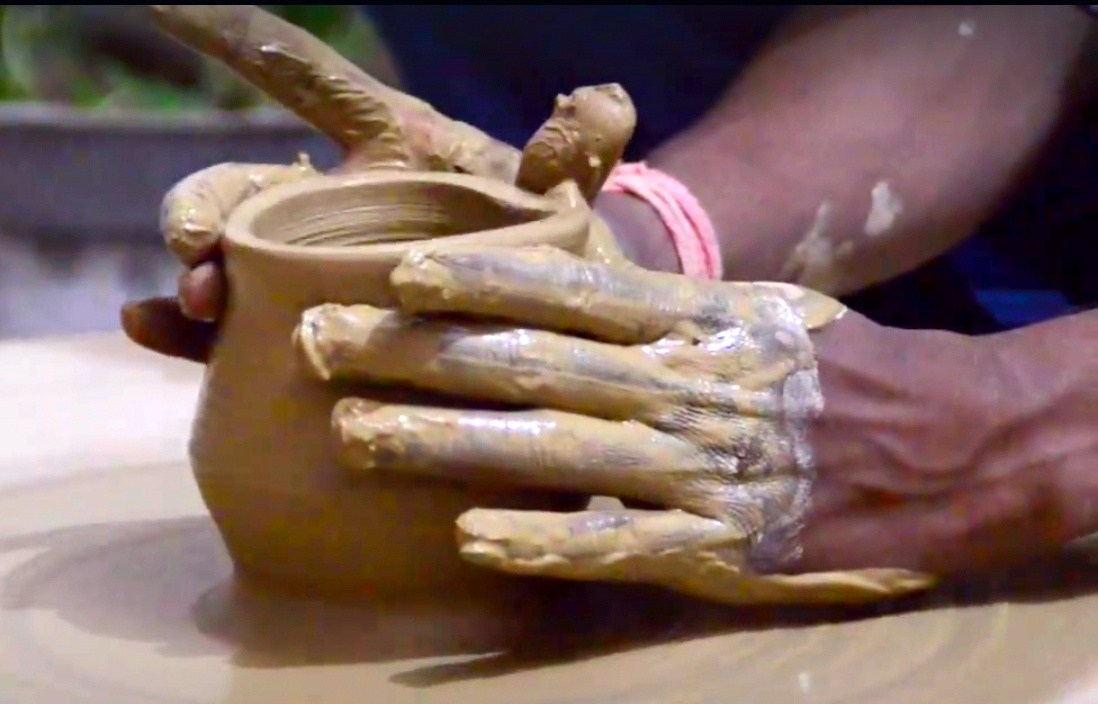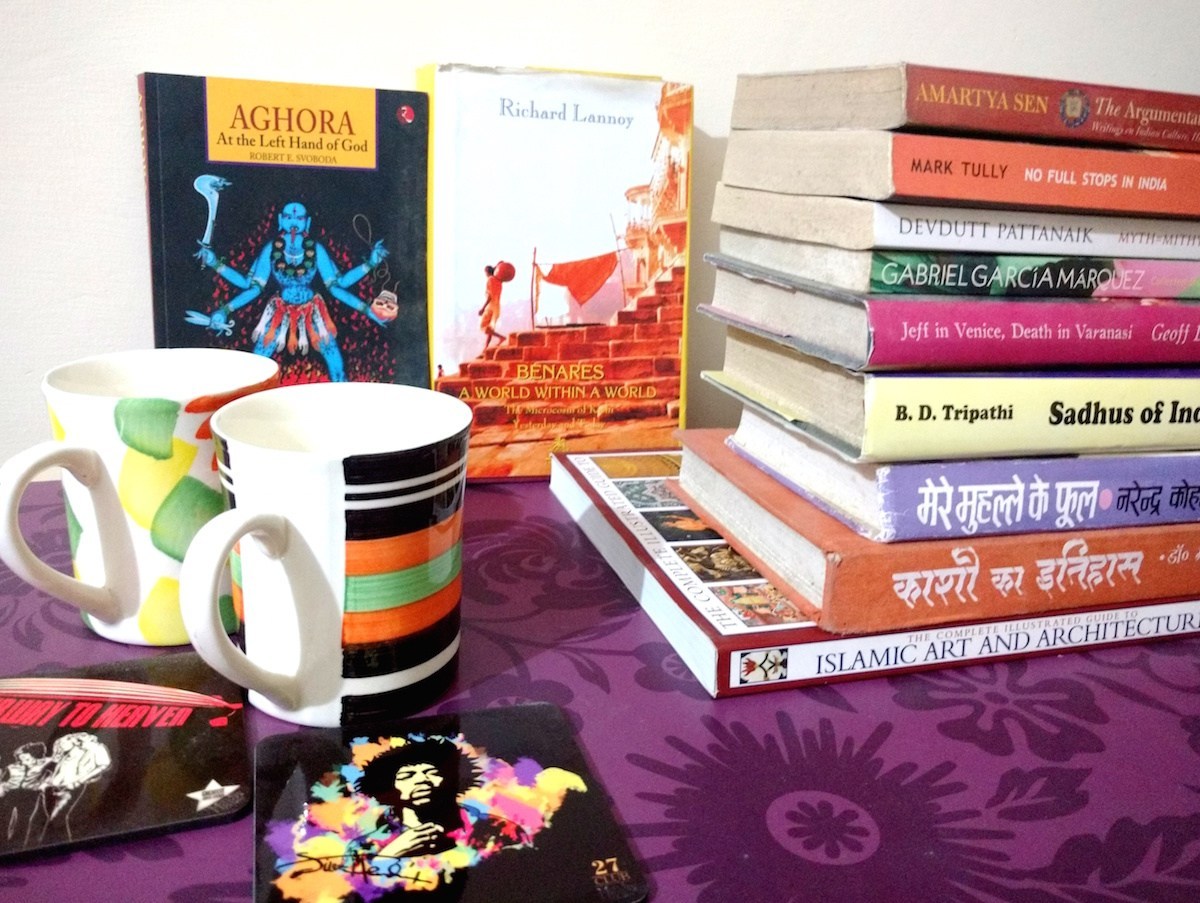Amidst the Coronavirus lockdown, Doordarshan started re-televising Ramayan and Mahabharat. The mention of Rama takes us back to the 15th-century Indian mystic poet and saint, Kabirdas, whose writings influenced Hinduism’s Bhakti movement. In one of his very popular couplets, Kabir talks about Rama. According to him, Rama is the only way we can save ourselves from terrorism in the name of religion being spread across the world.
“राम रहीम एक है, नाम धराई दुइ,
कहै कबीर दोउ नाम सुनी भ्रामि परे मात कोई|
कृष्ण करीम एक है, नाम धराई दुइ,
कहै कबीर दोउ नाम सुनी भ्रामि परे मात कोई|”
Though these are two names, Ram and Rahim are the same. He says that one should not be mistaken that they are separate entities. Both Krishna and Karim are also one. The one who understands this will never be delusional.
Kabirdas was raised in a Muslim weaver family and had chosen the Hindu Bhakti leader Ramanand as his Guru. He never believed that he belonged to any religion. In his dohas (Couplets), he often used the word ‘Rama’ instead of God. His ‘Rama’ was not just the son of Dasharatha in Ramayana, but God himself.
“एक राम दशरथ का बेटा , एक राम घट घट में बैठा !
एक राम का सकल पसारा , एक राम है सबसे न्यारा !”
He believed that there are four Ramas in this world! Three of them are commonly known, but the fourth is a lesser-known Rama and should be recognized. One Rama dwelt in Dasharath’s home, one resides within every being, one has expanded this entire creation, and one is beyond all of them. He is the essence of all of us and all of them.
Today terrorism is spreading in the name of religion, it seems very pertinent to remember Kabir’s couplets. He believed in one God and was fiercely opposed to rituals. During his time, Hindus were under a lot of pressure to convert. He started opposing the rituals of both religions and believed that God is one. He did not believe in incarnations, idols, Roza, Eid, Masjid, temple, etc. Kabir explained this to the people in their common tongue. He gave more importance to love than to knowledge.
“हिन्दू कहें मोहि राम पियारा, तुर्क कहें रहमाना,
आपस में दोउ लड़ी–लड़ी मुए, मरम न कोउ जाना।”
People keep accusing each other of their religion, caste, community, ending in riots and arson. As a result, thousands of innocent houses are burnt.
Kabir had described the hollowness of both Hindu and Islam. He talked about his faults before noticing the faults in others. Kabir believed that if we search for almighty in these religious boundaries, we will never find him. He suggested finding him within ourselves. In this sequence, the following couplet is more suitable.
“कबीरा खड़ा बाजार में, लिए लुकाठी हाथ,
जो घर फूंके आपना, चले हमारे साथ |”
In the above lines, Kabirdas says, “Let me burn the torch and set the society on fire, and then anyone who dares to set his own house on fire can be my companion.”
I want to end with a very beautiful couplet of Kabirdas.
“मोको कहाँ ढूंढे रे बन्दे, मै तो तेरे पास में,
ना मंदिर, ना मस्जिद, ना काबे कैलाश में |”
Kabir says that God is one, and we are all his children. He made this body pot different in sizes and colors. If we want to find God, we should stop running and look for him within ourselves, that is where he resides.
Kabir is equally relevant in today’s times. The world is fighting against a global pandemic, yet we continue fighting amongst ourselves. We need to overcome the dispute of caste, religion, and community and join shoulders to fight this social ailment. Violent and divisive behavior is not limited to a particular community or religion, people can engage in it irrespective of their identity and that needs to be acknowledged and condemned. Prahlad Singh Tipanya, Shabnam Virmani, Purushottam Agrawal, Neeraj Arya, are some of Kabir’s followers who can help us understand Kabirism. Let each of us be a Kabir and carry the Kabiriyat in us. Our society needs it.


